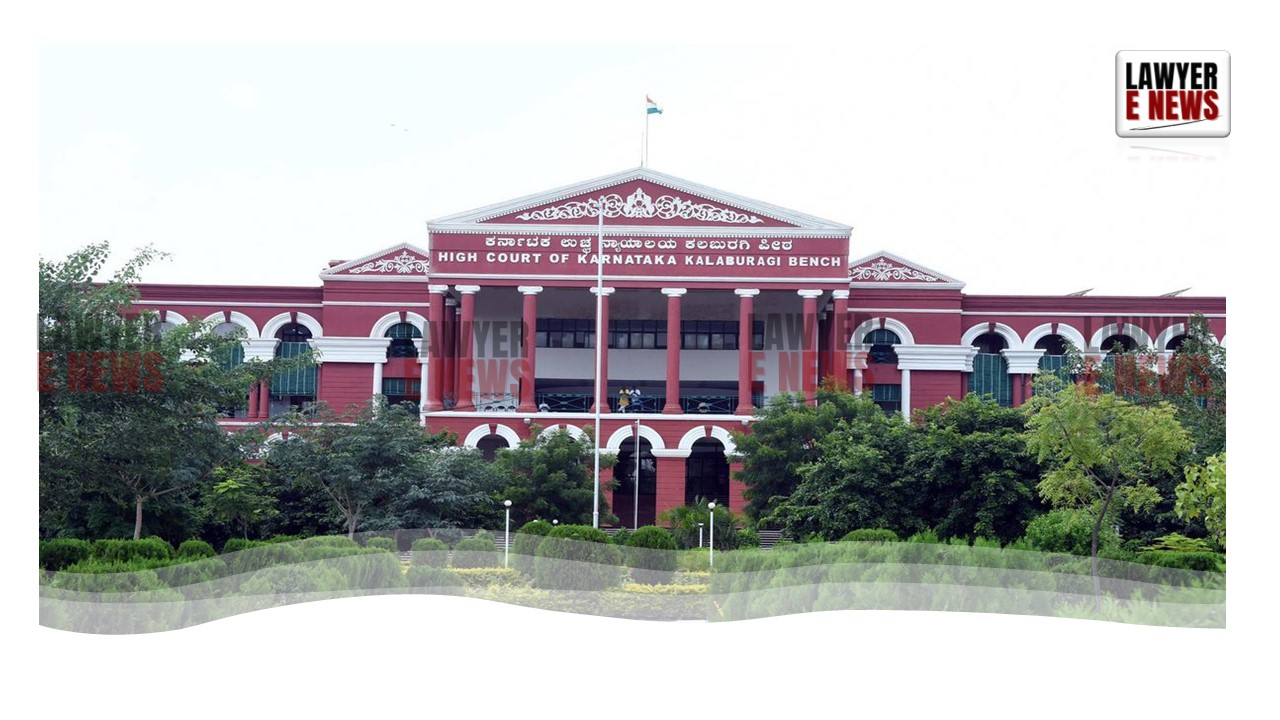-
by sayum
14 February 2026 2:22 PM



Karnataka High Court ruled that mere familial association with an accused is insufficient to implicate another individual under Section 319 of the Code of Criminal Procedure (Cr.P.C.). Justice M. Nagaprasanna dismissed a petition seeking to add the wife of an accused as a co-defendant, asserting that liability requires substantive evidence linking the individual to the alleged crime.
The case involved the registration of a crime in 2020 against R.K. Bhat and two others under Sections 13, 32(2), and 38(A) of the Karnataka Excise Act, 1965, for allegedly manufacturing and storing spurious liquor. Bhat, the complainant and petitioner, contended that Shanthi Roche, the wife of co-accused Norbert D’Souza, had knowledge of the criminal activities since they occurred on their shared premises. Citing this, Bhat sought to implicate her as a co-accused.
The trial court initially denied this request, noting that Bhat’s allegations lacked the evidentiary threshold required under Section 319 of the Cr.P.C. Bhat subsequently filed a revision petition, which the Sessions Court also dismissed, leading to this appeal in the Karnataka High Court.
Section 319 Cr.P.C. grants courts the power to summon additional persons as accused during a trial if evidence suggests they committed an offense. However, as established by the Supreme Court in Hardeep Singh v. State of Punjab (2014) and reinforced in Shankar vs. State of Uttar Pradesh (2024), this power requires "strong and cogent" evidence that could reasonably lead to a conviction if left unrebutted. The courts emphasize the stringent evidentiary threshold to prevent misuse and ensure fairness.
Justice Nagaprasanna noted that in criminal cases, familial association or cohabitation does not inherently imply complicity. The court emphasized that Section 319 requires evidence that, if uncontested, could support a conviction. Here, neither evidence nor allegations suggested that Roche actively participated or had a role in the crime beyond her familial ties to the accused.
The court stated, “In cases of spurious liquor, merely cohabiting with an accused does not imply culpability unless corroborated by clear and direct evidence. The mere presence of an individual at the residence where alleged offenses occur is insufficient to satisfy the threshold under Section 319.”
Further, the court found that Bhat's petition was an attempt to draw Roche into legal proceedings due to her marital relationship with the accused, dismissing the petition as baseless.
The Karnataka High Court concluded that the petition lacked merit, emphasizing that spousal association alone does not satisfy the stringent evidentiary requirements under Section 319 Cr.P.C. Justice Nagaprasanna underscored that bringing Roche into the case would not serve the cause of justice and would conflict with procedural fairness.
Date of Decision: October 21, 2024
